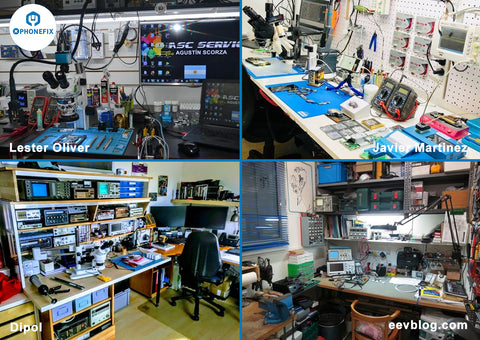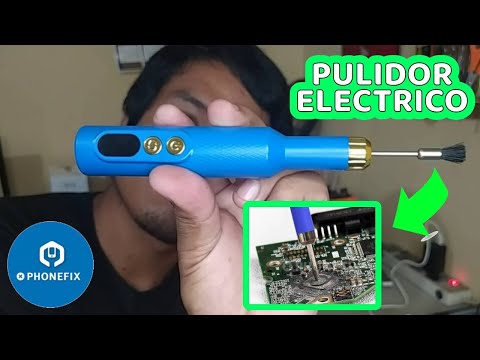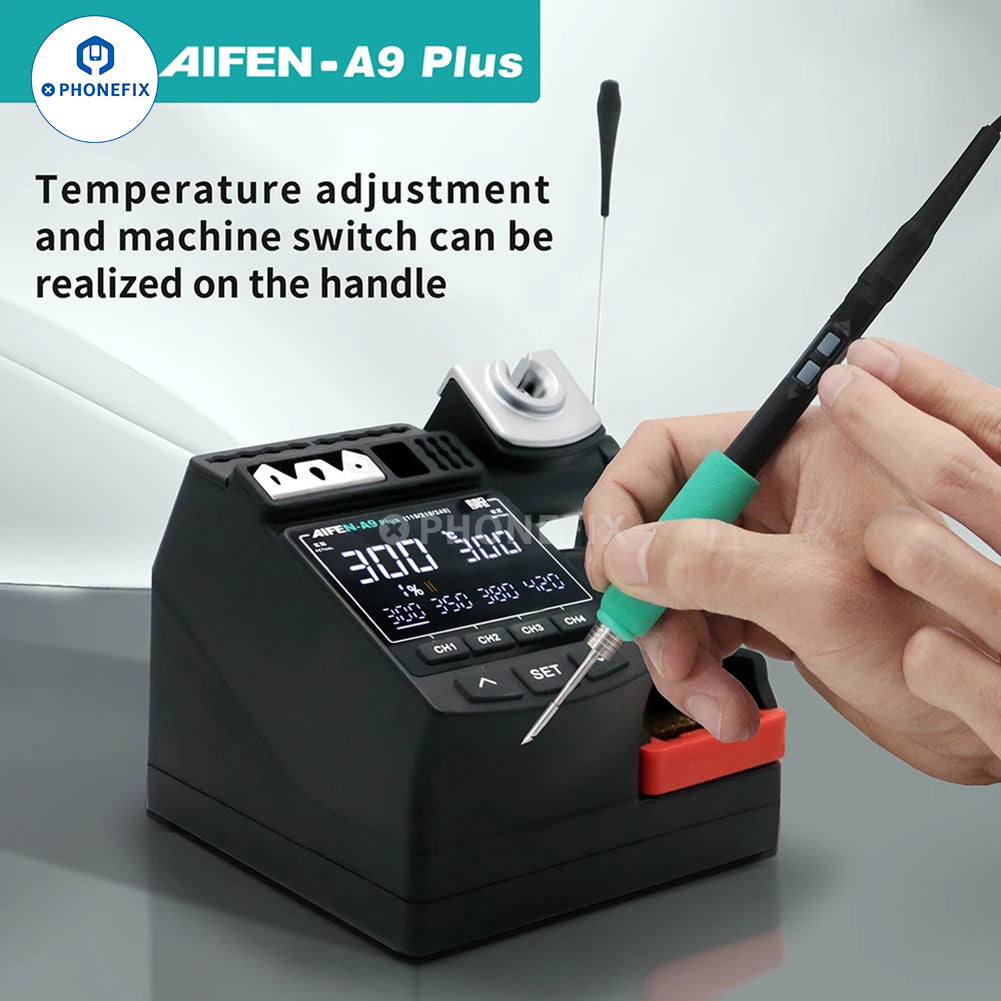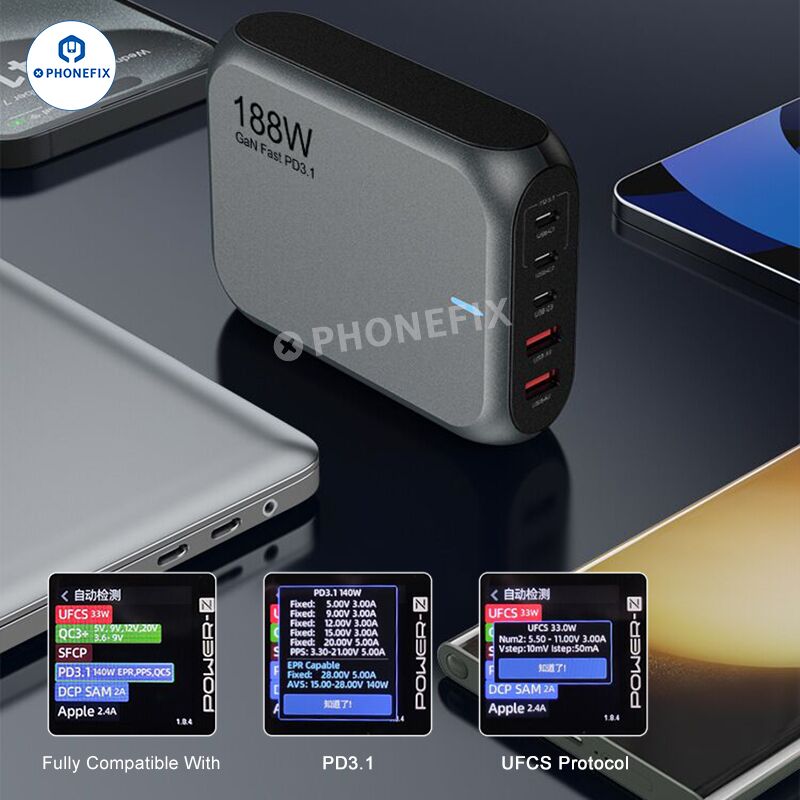
Workstation Setup
Clean and organized workspace:
Keep your workstation clean and clutter-free, only placing essential tools and equipment to avoid unnecessary chaos. Utilize tools such as tool trays, magnetic toolbars, and storage boxes to organize your tools and spare parts effectively.
Workstation zoning:
Divide your workstation into several distinct areas to streamline your workflow efficiently.A. Repair Tools Area:
Categorize various professional repair tools based on their types and purposes, placing them in easily accessible locations. These tools include but are not limited to:
- Screwdriver sets: Different types and sizes of screwdrivers used for disassembling and assembling phone screws.
- Screen Opening tools: Such as suction cups, pry tools, and spudgers, used for opening phone casings for repairs.
- Precision pliers and tweezers: Essential for handling small components, cables, and soldering work.
- ESD protection tools: Examples include ESD gloves and mats, which prevent static electricity from damaging internal phone components.
-
Hot air rework stations and soldering tools: Used for repairing soldering issues on circuit boards.

Allocate space for various cell phone spare parts and accessories, such as screens, batteries, charging ports, cameras, etc. Organize the spare parts based on their models and specifications for quick retrieval.
C. Testing Area:
Dedicate a specific area for testing the functionality of repaired phones. This area can include testing devices, chargers, and data cables.
Common Professional Repair Tools:
-
Hot air rework station:
Used for repairing soldering issues on circuit boards and for heating components during the assembly process. -
Professional soldering equipment:
Micro soldering stations, soldering irons, and related tools for handling soldering work on circuit boards. -
Electronic microscope:
Enables close observation and repair of small components and solder joints. -
Professional unlocking tools:
Unlocking cards, boxes, or other devices used for removing phone network locks. -
Data recovery equipment:
Specialized devices and software for recovering data from damaged or lost cell phones. -
Electronic testing instruments:
Multimeters, power supply testers, and other tools used for testing phone circuits and power-related issues.
Remember, a well-equipped and organized workstation is the foundation for delivering exceptional cell phone repair services. This setup not only enhances efficiency but also ensures accuracy and safety throughout the repair process.
Also Read: How to Set up Mobile Phone Repair Business in 2023












